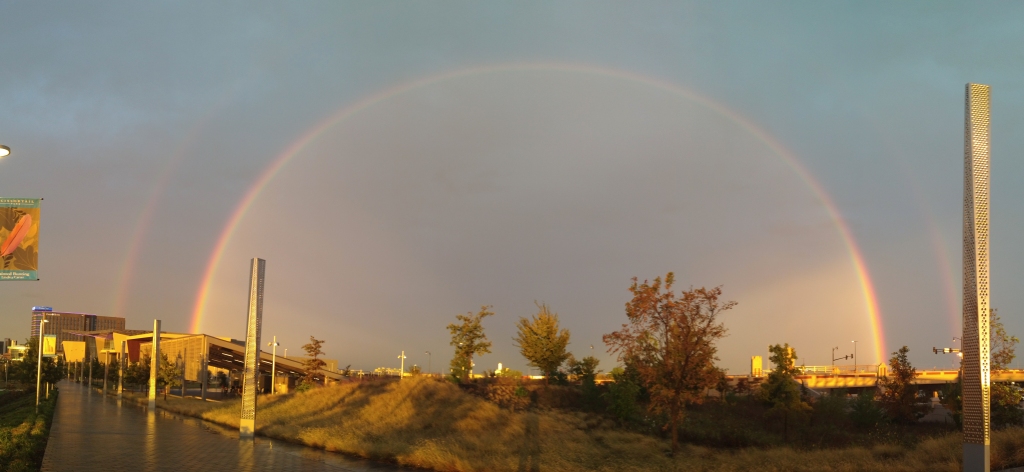Submitted by John Bergman-McCool

The 2023 International Conference of Indigenous Archives, Libraries and Museums was held in Oklahoma City at the end of October and hosted by the Association of Tribal Archives, Libraries and Museums (ATALM). ATALM is an international non-profit organization that maintains a network of support for Indigenous programs, provides culturally relevant programming and services, encourages collaboration among Tribal and non-Tribal cultural institutions, and articulates contemporary issues related to developing and sustaining the cultural sovereignty of Native Nations. The annual conference provides a venue for cultural institutions that seek to protect and advance Indigenous culture and lifeways to share best practices.
The conference included ninety-eight sessions and a host of keynote speakers organized around the theme “Honoring and Elevating Indigenous Culture and Knowledge Systems.” I was fortunate that the Peabody provided me with the opportunity to attend. It was an excellent opportunity to make connections and learn from people in my field who are working at the forefront of decolonizing institutions. The number of relevant conference sessions meant that choosing which to attend was extremely difficult. Luckily, I was there with Peabody curator Marla Taylor and we split-up to attend more sessions.
Within the sessions I experienced many inspirational and emotional moments. Indigenous and non-Indigenous presenters shared their experiences working at reversing centuries of colonial practices within cultural institutions. As an employee of a non-Indigenous research institution that houses Indigenous materials, it was an extremely powerful experience.

Chief among my experiences was a day-long preconference workshop entitled “Tools and Strategies to Support Indigenous Intellectual Property.” The workshop was led by a team from Local Context, an organization that is focused on increasing Indigenous involvement in data governance and the integration of Indigenous values into data systems. You can find a much more detailed description of their work on their website.
The workshop introduced the participants to copyright law, how to identify copyrighted materials, and strategies for working with copyrighted Indigenous intellectual property (IP) held in museum collections. The copyright of Indigenous IP is particularly insidious, giving ownership, and control over access and circulation to the person who records, writes, or documents the Indigenous IP, not the creator. Prior to the workshop I didn’t know how copyright was created. I also considered the digitization process, the idea of the digital commons, and the transition of copyrighted material to the public domain as a democratizing force providing equal access to information. However, free use of these materials becomes complicated when they contain culturally sensitive or inaccurate information.
Copyright of Indigenous IP cannot be corrected retroactively and inclusion in the public domain cannot be avoided, but there are workarounds. Institutions can choose not to share Indigenous IP that they house without permission from relevant Tribal communities. Additionally, Local Context has created a series of labels that Indigenous communities can use to add additional context to collections held in non-Indigenous institutions. The labels help foster communication and collaboration between the institutions and Indigenous communities and are a pathway for inserting Tribal authority into institutional data systems.
The conference was a tremendous event and I came away with a renewed vigor for the work that we do at the Peabody.
